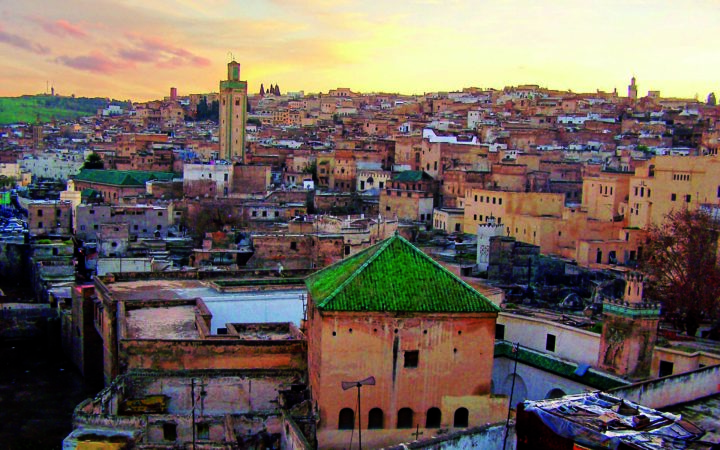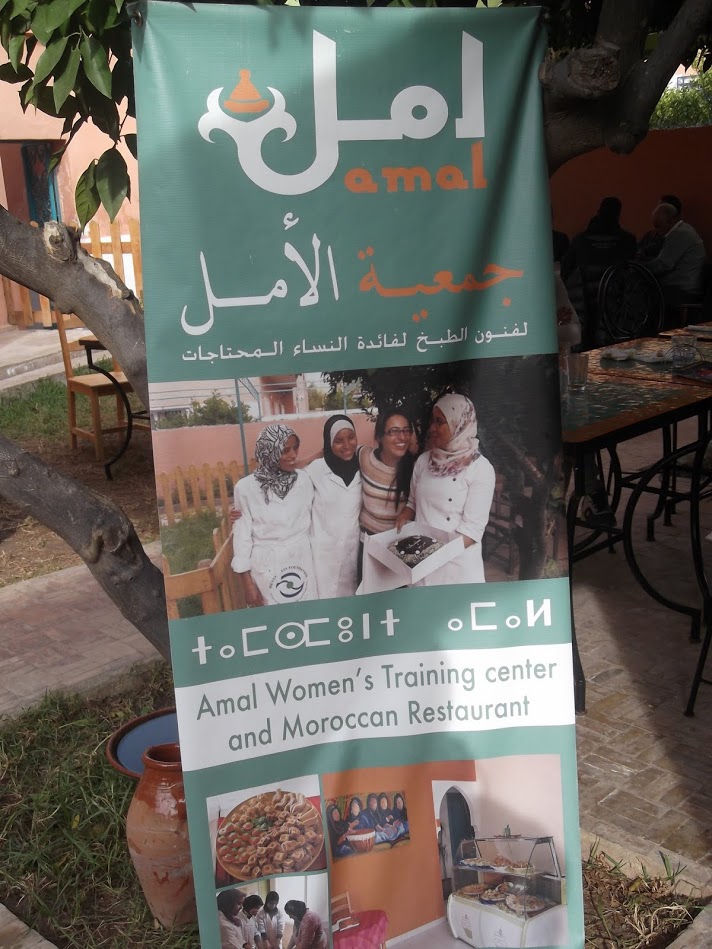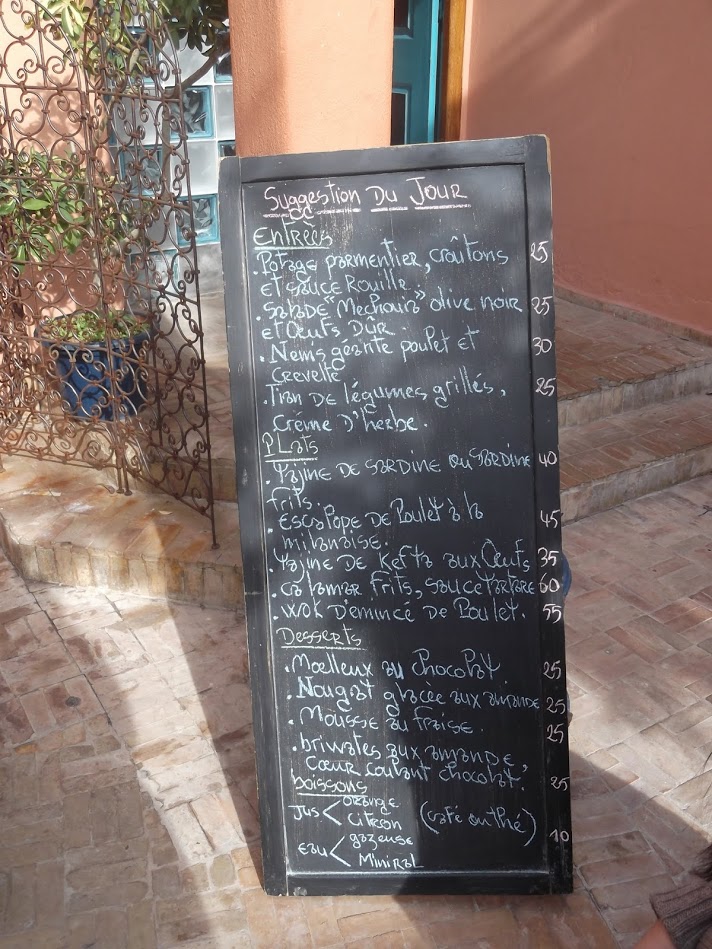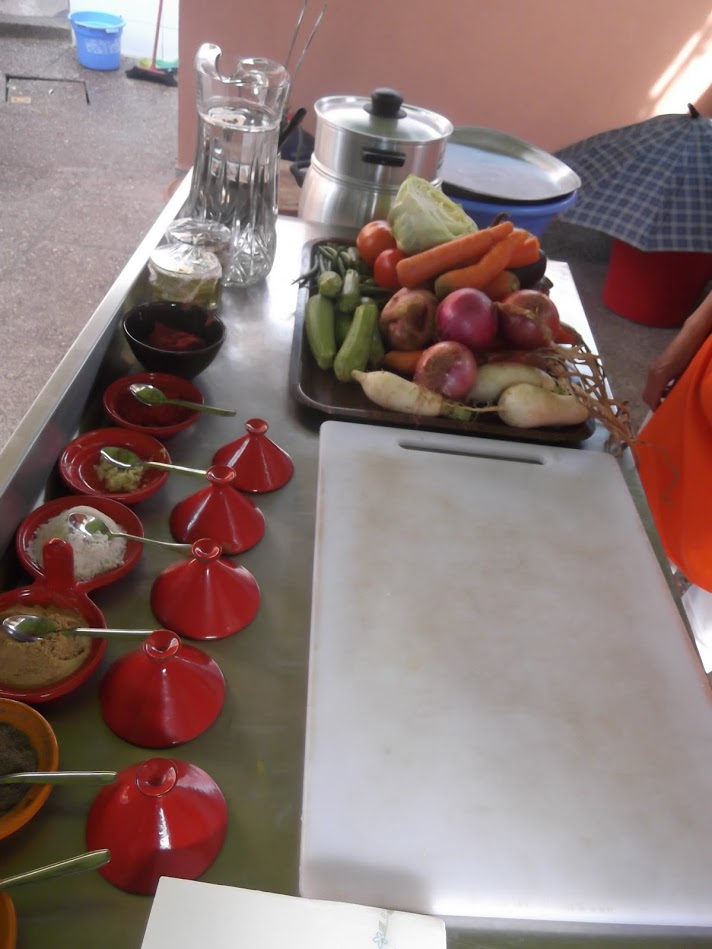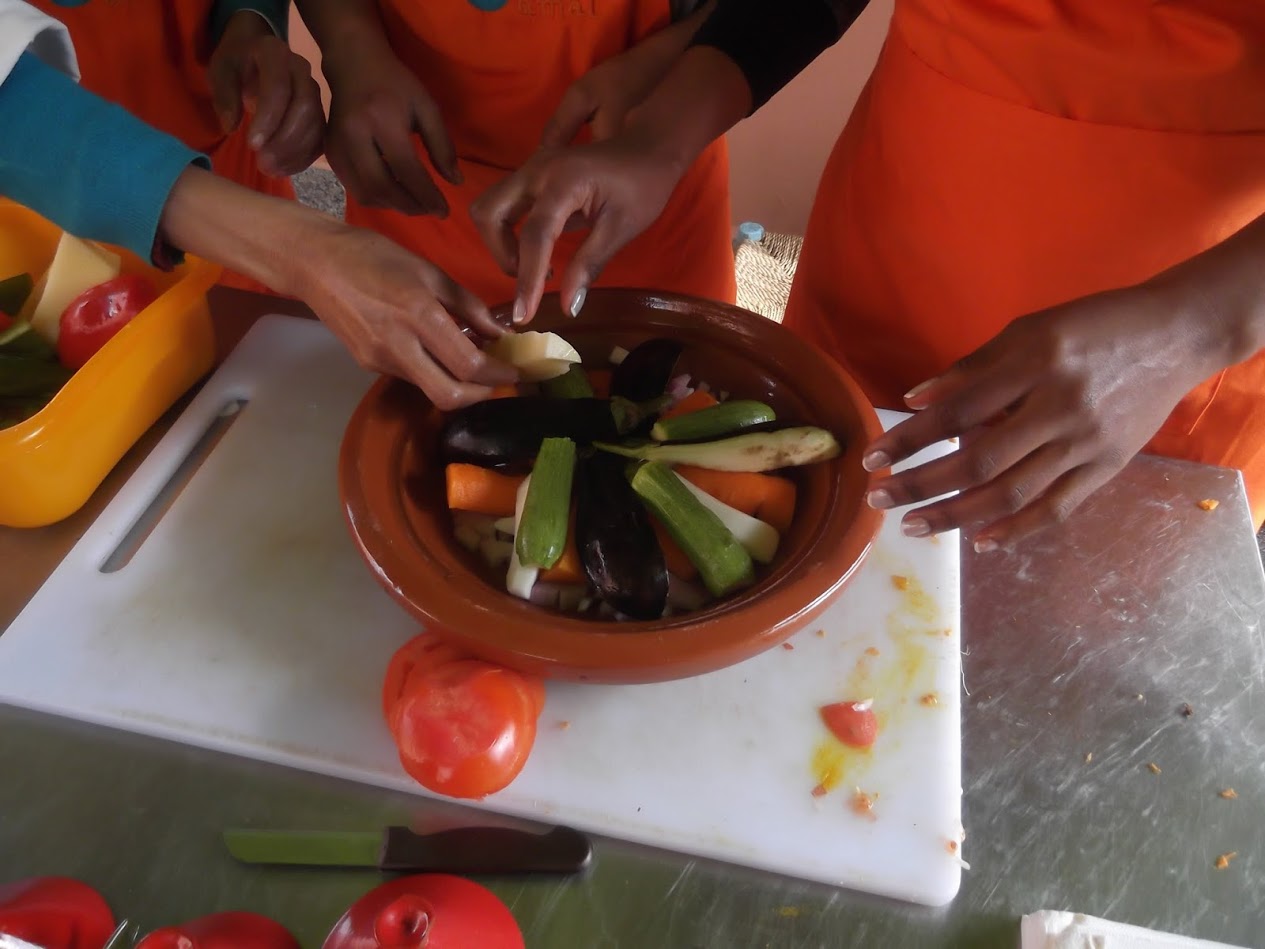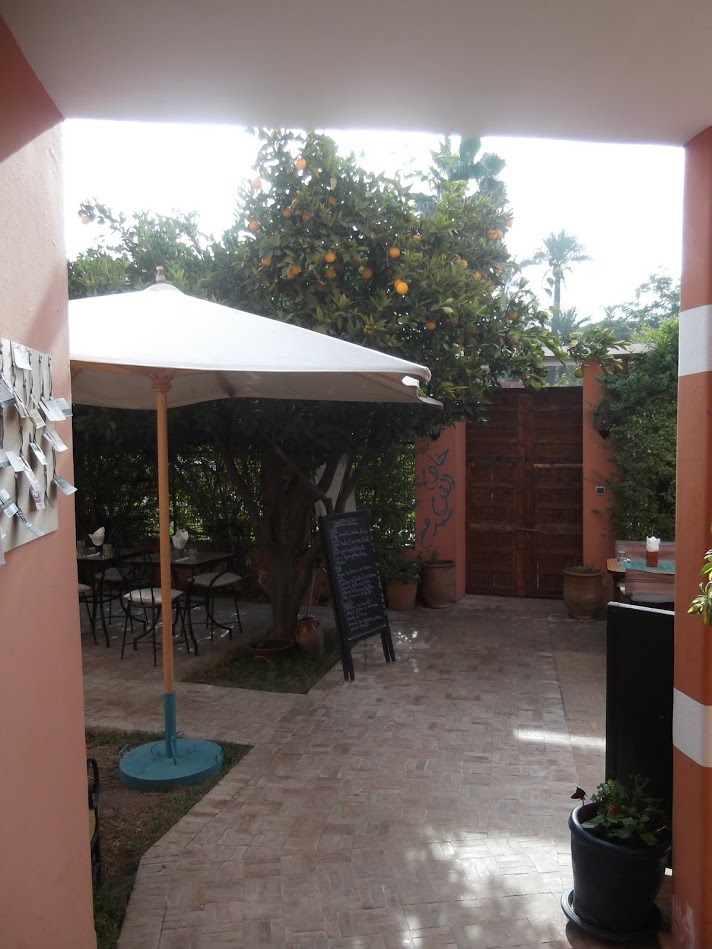Morocco’s “Red City” has been attracting visitors from around the world for decades. Once a popular trading hub, Marrakech has become a must-see destination amongst travelers for its exotic Jemaa al-Fnaa square, historical architecture, and fertile valleys. But in the long shadows cast from opulent palaces of past dynasties, towering minarets, and five-star hotels, exists a neglected community of women begging for a share of the tourist economy. A Moroccan-born American woman initially approached these women to offer charity but realized an opportunity to give them much more.
Opened in April 2013, the Amal Women’s Training Center and Moroccan Restaurant has quickly become one of Marrakech’s most popular options for dining, making headlines in both local and international media. The center functions as a culinary institute for disenfranchised women, as well as a restaurant open daily for lunch and, by reservation, large-party dinners. A combination of paid and volunteer staff guide the women in the art and craft of Moroccan and international cuisine, as well as the necessary life skills needed to successfully gain employment. Counselors, social workers, therapists, and hygiene coaches usher women from their former life of begging to their future life as chefs and kitchen staff.
The sumptuous meals developed under the tutelage of French-trained, Moroccan cooks are impressive in both aesthetic and taste. Each day’s menu reflects that morning’s market-fresh produce selection, featuring traditional, as well as modern dishes. Patrons are enraptured by the beautiful décor of the center and knowing that the proceeds of their patronage are funneled back into the not-for-profit organization. All guests are invited to tour the facility, meet the trainees and staff, as well as try their hand at cooking Moroccan fare.
Cooking classes are offered every weekday, except for Friday, by reservation. Starting at 10am, Amal’s Communications and Public Relations Officer introduces participants to the organization’s mission and staff members. After being briefed on the day’s program, aprons are donned and hands are washed before entering the kitchen. In spite of the busy prep work at hand, the trainees are warm and pleasant, eager to show off their newly acquired skills or offer samples of the day’s work. In the outer courtyard, a long metallic table is prepared with a variety of seasonings, cutting boards, and small knives. Beneath this counter, fresh produce lay in wait. Depending on your preferred meal, a steamer or clay tajine pot might be used.
In step-by-step progression, your culinary instructor offers simple directives followed by demonstrated actions, all of which are translated by the Communications and Public Relations Officer. Fresh vegetables, ground seasonings, oils, herbs, and other ingredients combine to make stews, couscous, or baked pastry dishes. Once the cooking is complete, the Amal staff offers you tea while they serve your feast with freshly baked bread. By this time, the restaurant is open for lunch and you may find a courtyard full of guests from as close as Europe or as far as Japan—each of them seeking a meal that not only satisfies their palates but also their conscience. In most cases, both objectives are delectably accomplished.
When planning your visit, be sure to check their operating hours in advance and reserve your place in their highly sought-after cooking class. A visit to Amal will enrich your stay in Morocco and is likely to be your tastiest contribution to women’s empowerment.
